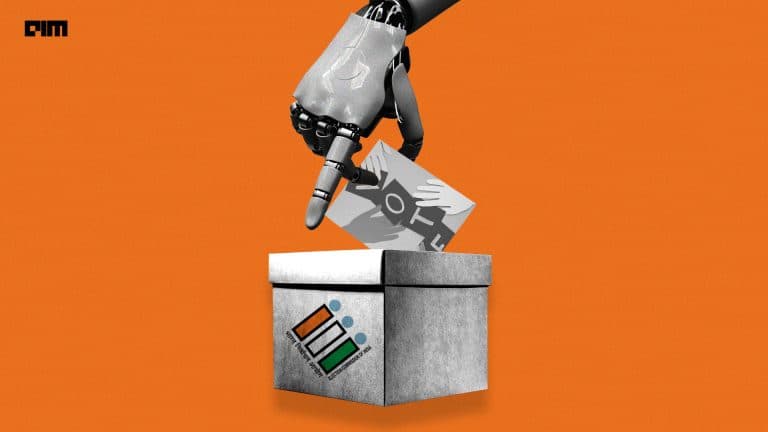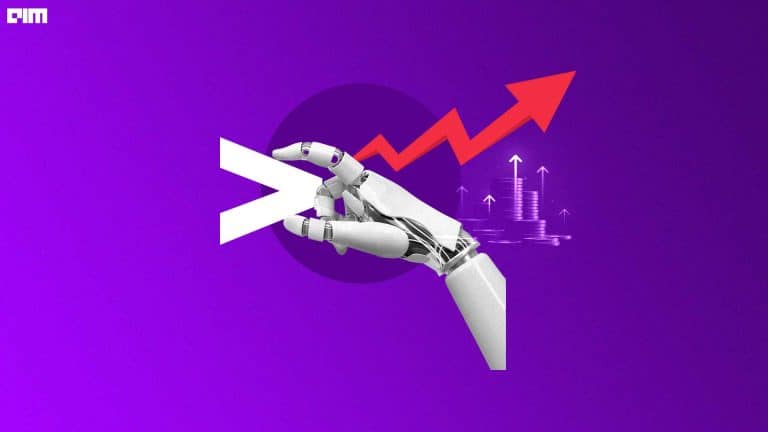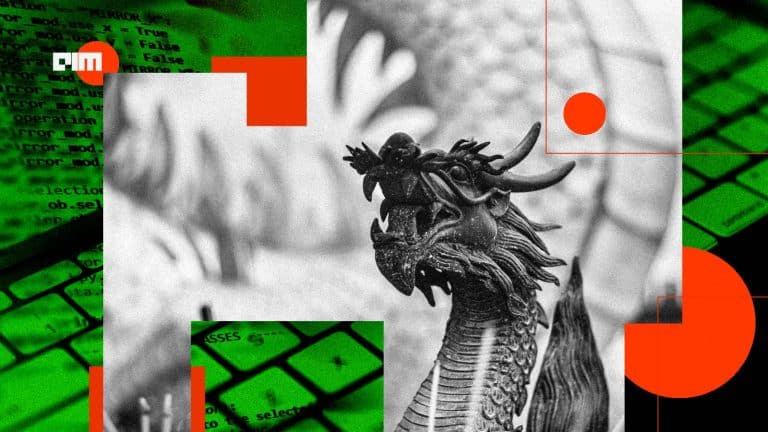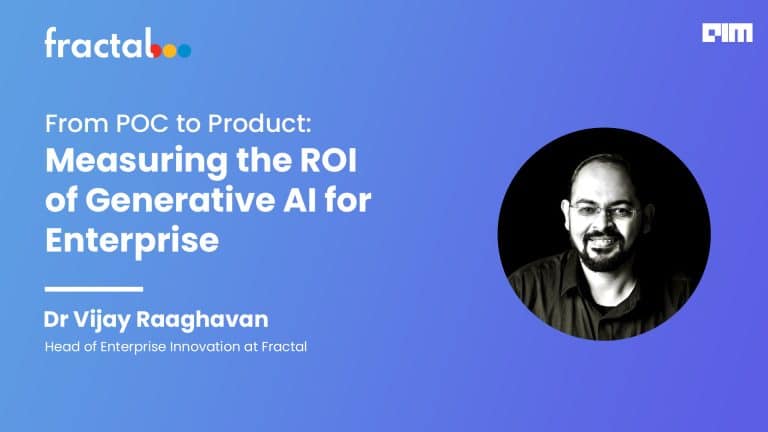India’s AI landscape is witnessing rapid growth, however, access to early-stage capital remains challenging. While large venture capital (VC) firms and global investors often back late-stage AI startups, early-stage funding is increasingly scarce.
This is precisely where micro VCs step in and fill the funding gap.
Shift to MicroVCs
The Indus Valley Annual Report 2025 (Blume Report) highlights a clear trend: larger seed rounds or ‘mango seeds’ (>$3 million) now account for half of total early-stage funding, while sub-$1 million rounds have significantly declined.
This shift has made it harder for first-time AI founders to secure capital, opening up opportunities for micro VCs to step in.
“India’s innovation ecosystem depends heavily on micro VCs, particularly as the window for creating AI-first product-tech companies gets smaller,” said Ranjeet Shetye, venture partner at YourNest Venture Capital, in an exclusive interview with AIM.
“MicroVCs can support more early-stage startups by writing smaller checks, which spreads the risk and increases the possibility of power-law outcomes, where a few breakthrough successes generate enormous returns,” he said.
The Rise of MicroVCs for AI
Micro VCs, which are smaller, highly specialised funds that invest in pre-seed and seed-stage AI startups, differ from traditional venture firms in their approach. According to the report, over 100 micro VCs in India typically invest between $100,000 and $500,000 at the seed or pre-seed stage.
Unlike larger VCs that prioritise proven founders and market traction, micro VCs focus on high-risk, high-reward opportunities, especially in deep tech and AI.
Another key advantage of micro VCs is their domain expertise. Unlike generic seed funds, micro VCs often specialise in AI, SaaS, or deep tech, providing targeted support beyond capital. This includes technical mentorship, AI model optimisation, and go-to-market strategies tailored for AI startups.
Their ability to invest at valuations of $1 million to $8 million allows them to take early bets on disruptive AI technologies even before mainstream investors take notice.
Source: Indus Valley Annual Report 2025
MicroVCs Driving India’s Next AI Unicorn
AI-first startups require substantial capital to train and refine LLMs. However, capital efficiency remains key to early growth. Shetye emphasises that micro VCs play a critical role in shaping India’s next AI giant.
“Founders can achieve product-market fit, iterate quickly, and drive sales-led growth by supporting AI-first product development and customer success models early on,” Shetye explains.
“Reaching milestones like $1 million ARR faster is enabled by this lean, capital-efficient strategy, which also speeds up follow-on funding rounds.”
This model has already shown promise. Startups backed by seed funds typically take longer to raise Series A rounds compared to those funded by multistage VCs.
However, with strategic backing from micro VCs, AI startups can optimise early-stage growth while keeping burn rates low. This increases their chances of securing larger investments down the line, fueling their journey to unicorn status.
Interestingly, India’s push for AI sovereignty has led to increased government support for AI startups. The ₹20 billion ($240 million) AI Sovereignty Fund, announced in the latest Budget, aims to spur homegrown LLM development and AI research.
Additionally, Indian startups now have access to 18,000 GPUs at 40% below market rates, providing a significant cost advantage in AI training and deployment.
This policy shift aligns well with micro VC-backed startups that prioritise lean AI model development. While US and Chinese AI firms raise billions for model training, Indian AI startups are adopting frugal innovation strategies, making breakthroughs with smaller budgets.
Not That Simple
Despite their benefits, micro VCs face challenges in scaling their influence. One of their biggest hurdles is the struggle to raise capital themselves, making it difficult to maintain consistent funding pipelines. Additionally, they operate in a high-risk environment where a large percentage of portfolio companies may not survive past Series A.
Another challenge is the scarcity of specialised AI talent. While India has a strong engineering base, it lacks the deep AI research ecosystem seen in the US and China. Many AI founders prefer to move abroad for better funding and infrastructure.
To counter this, micro VCs are now collaborating with academic institutions such as IITs and IISc to nurture AI talent at home.
As India aims to build its own DeepSeek-like AI models, with the recent being Soket AI Labs’ Project EKA that is inviting researchers and developers to build sovereign AI models, micro VCs could play a pivotal role in funding the next generation of AI leaders.


























